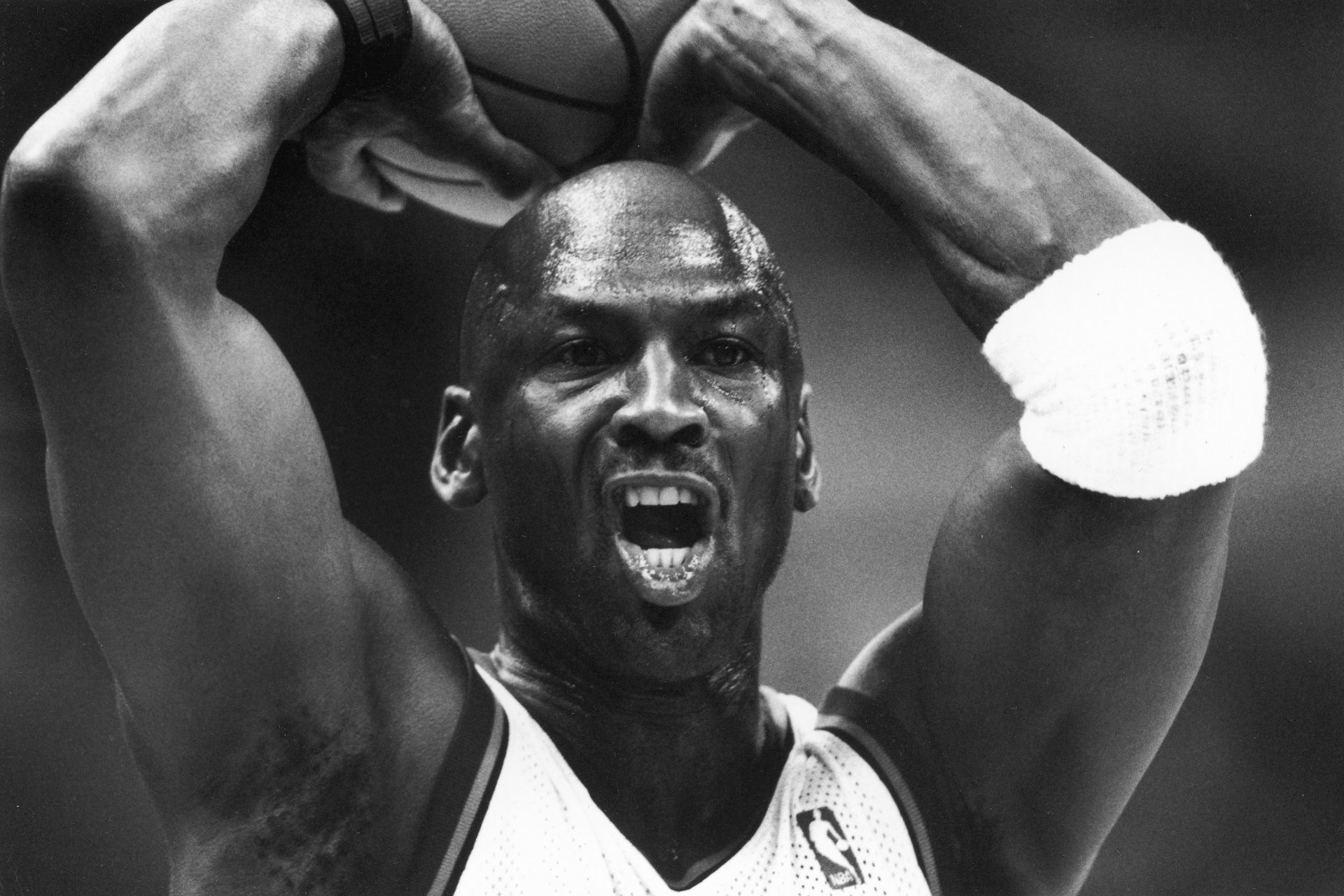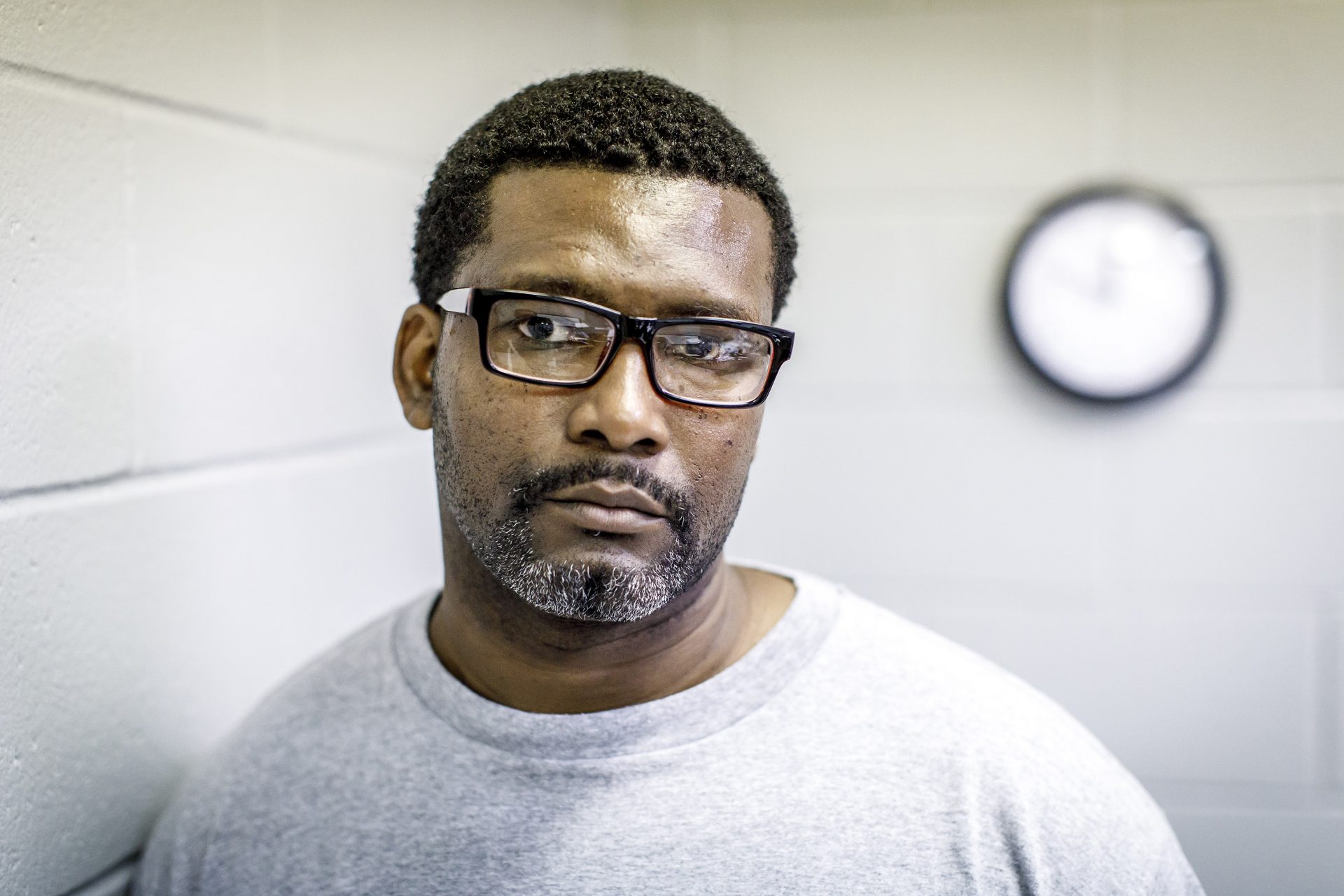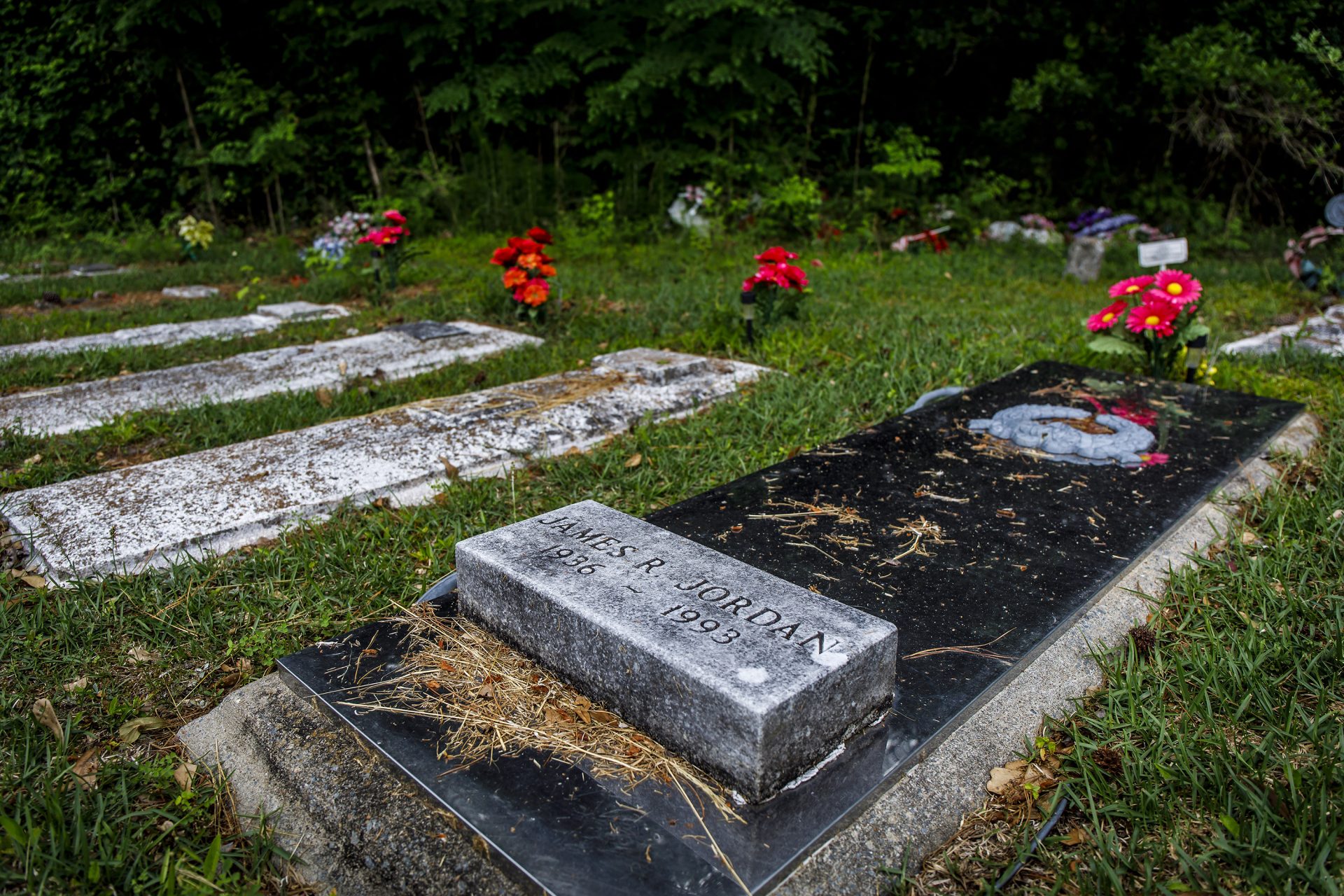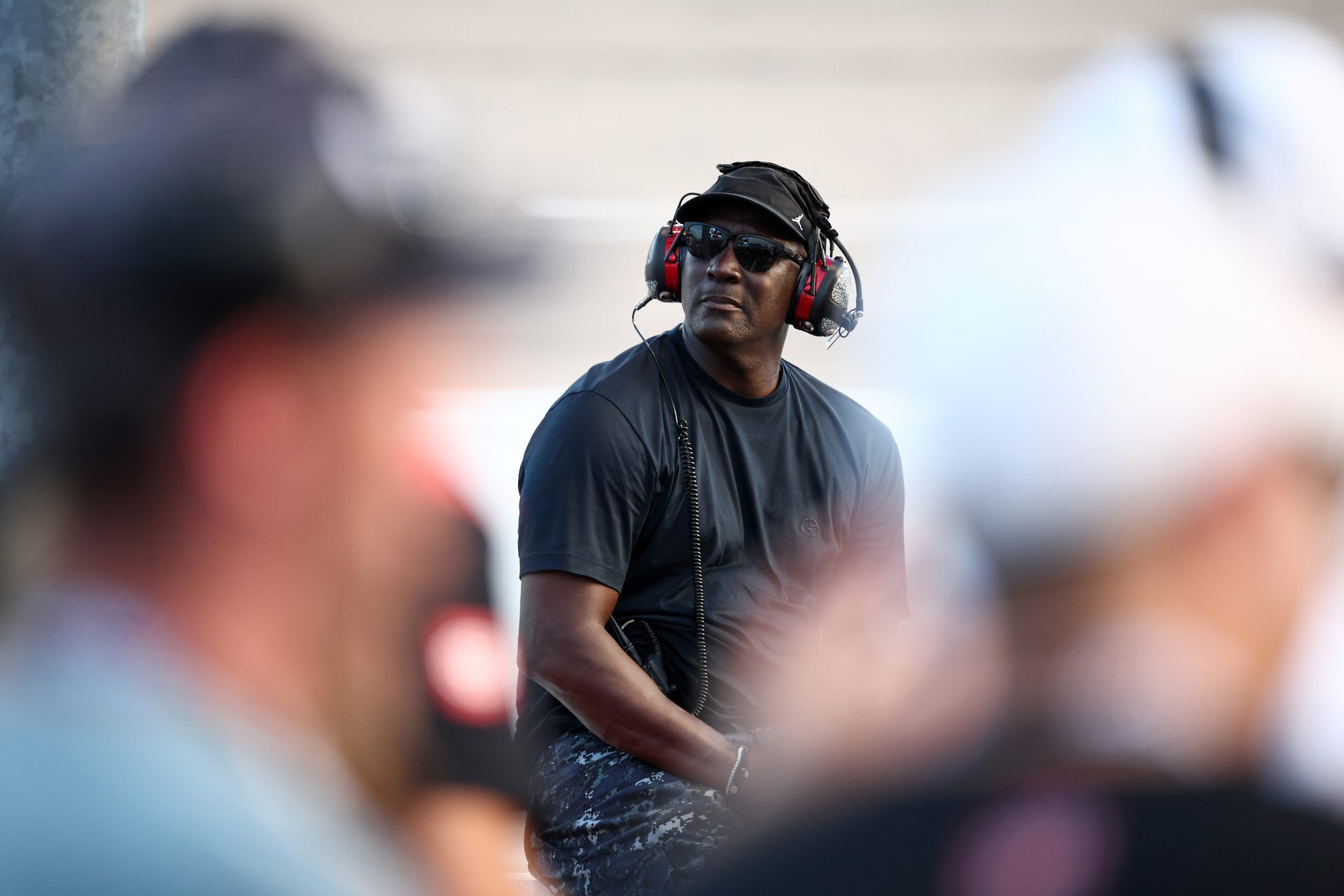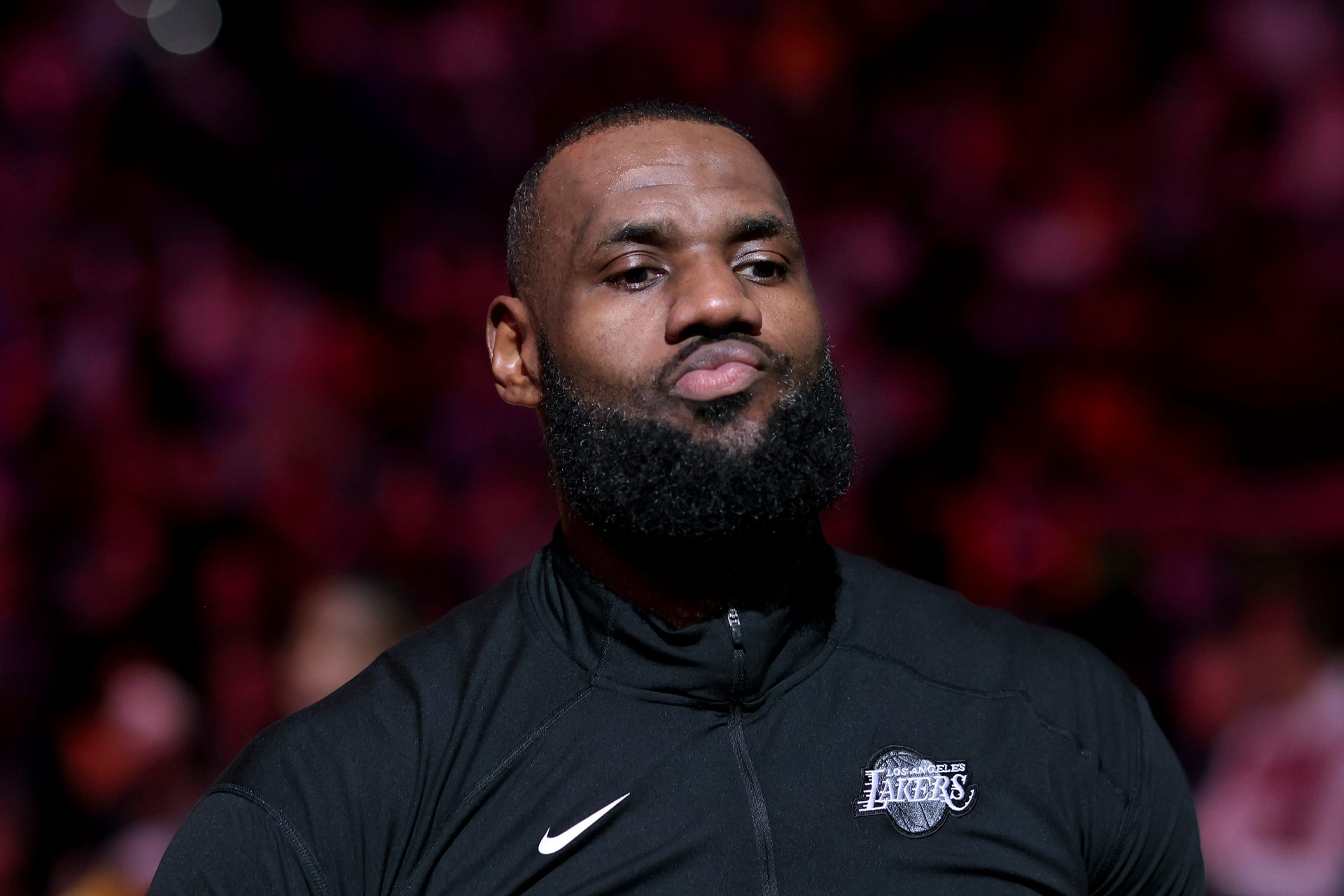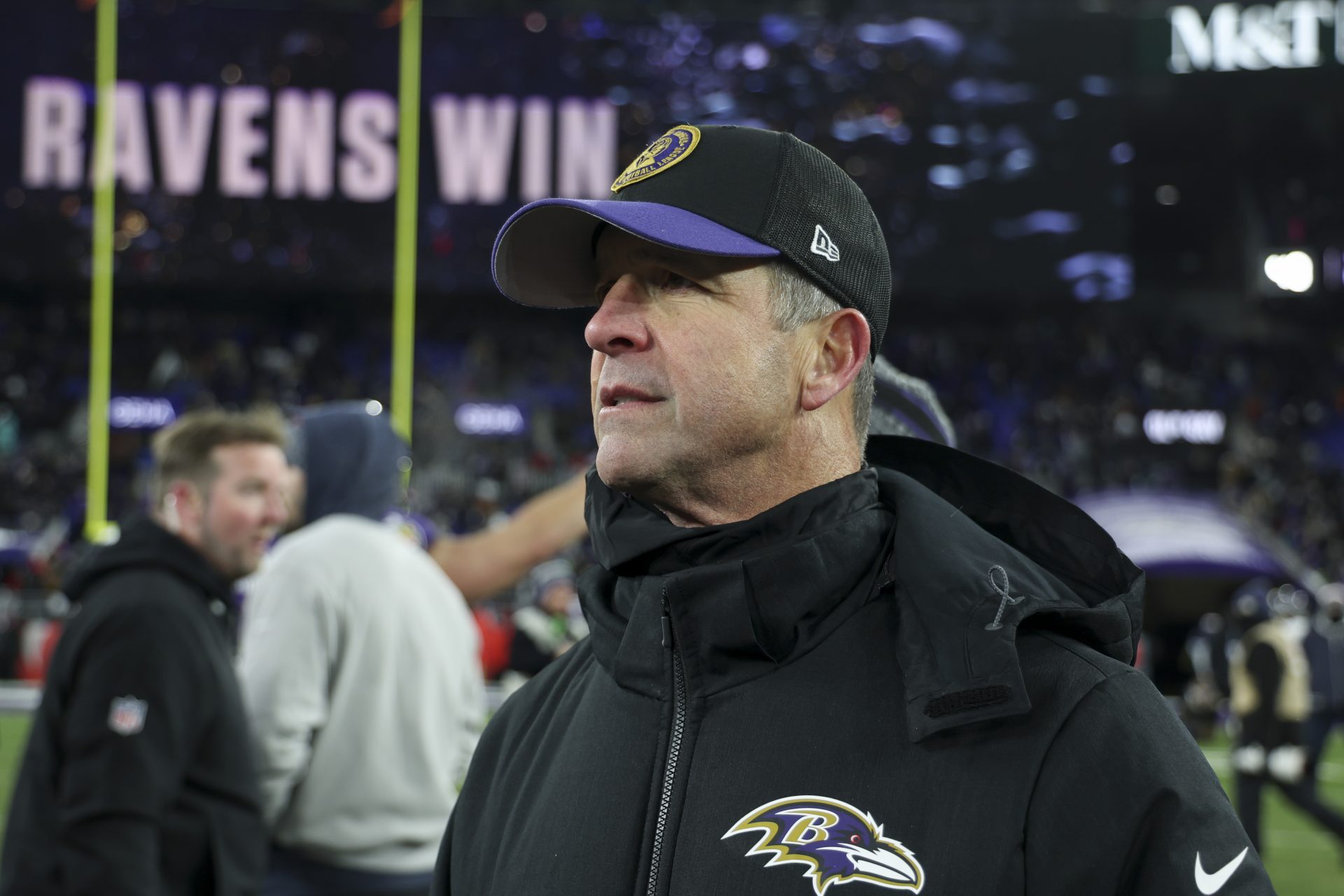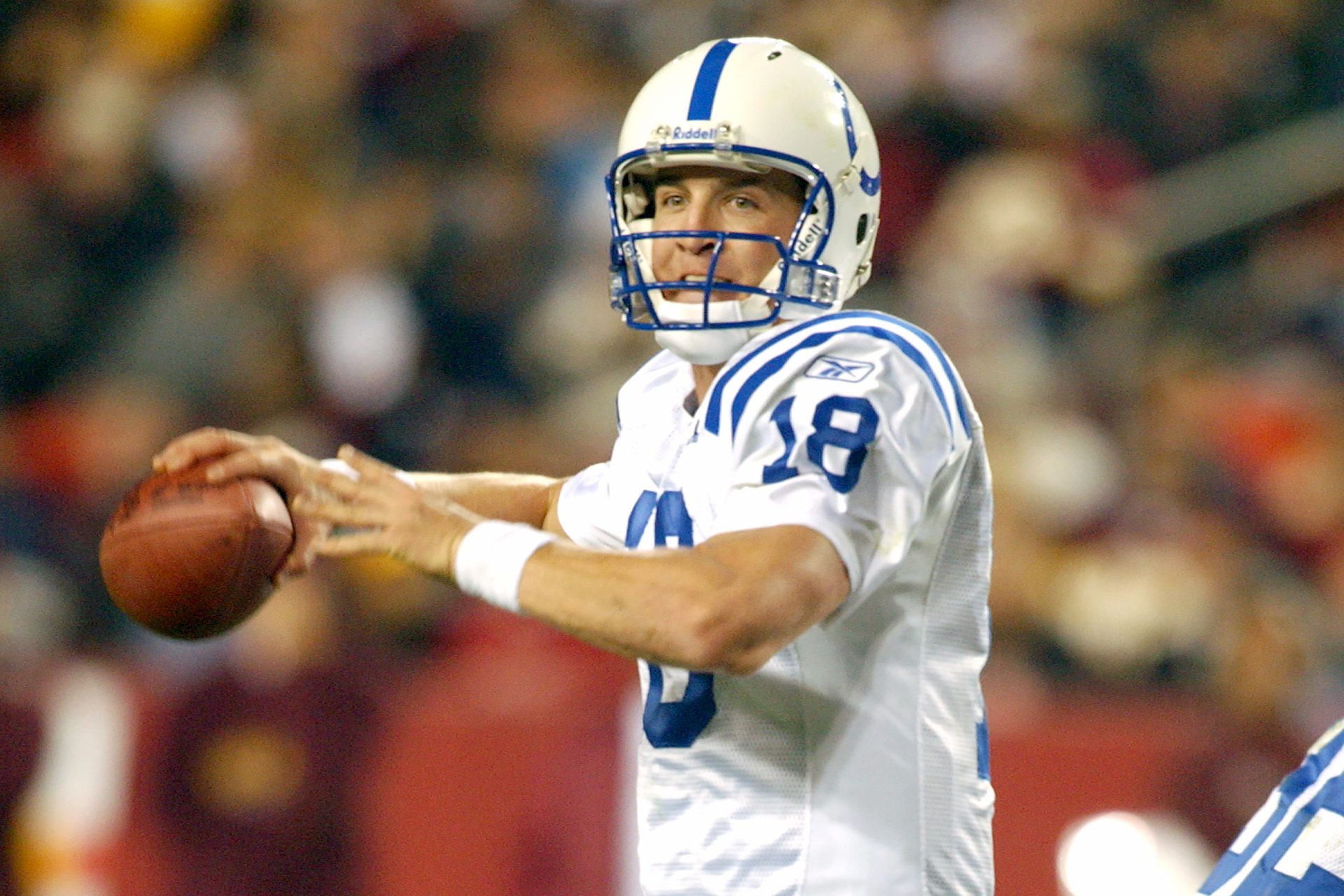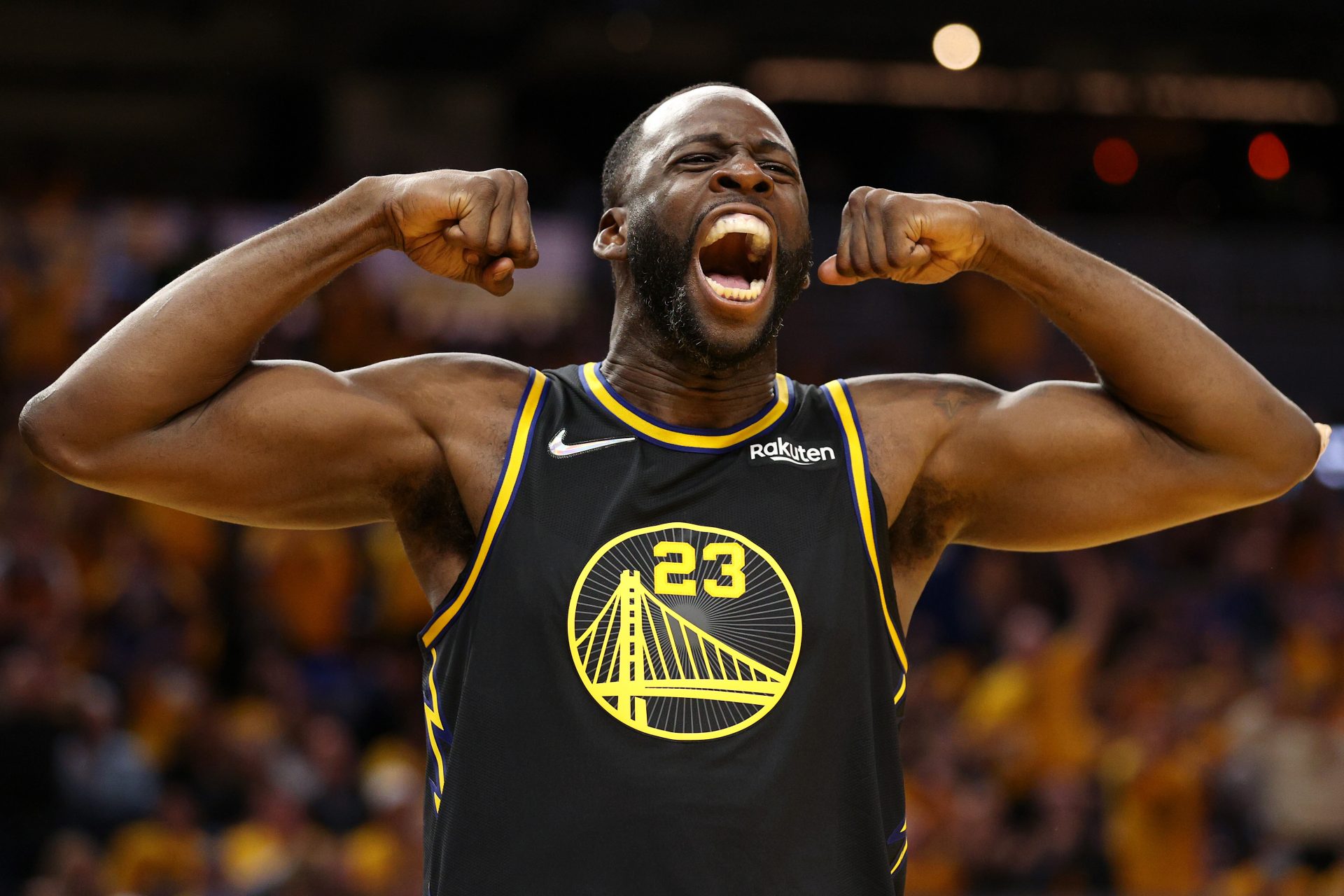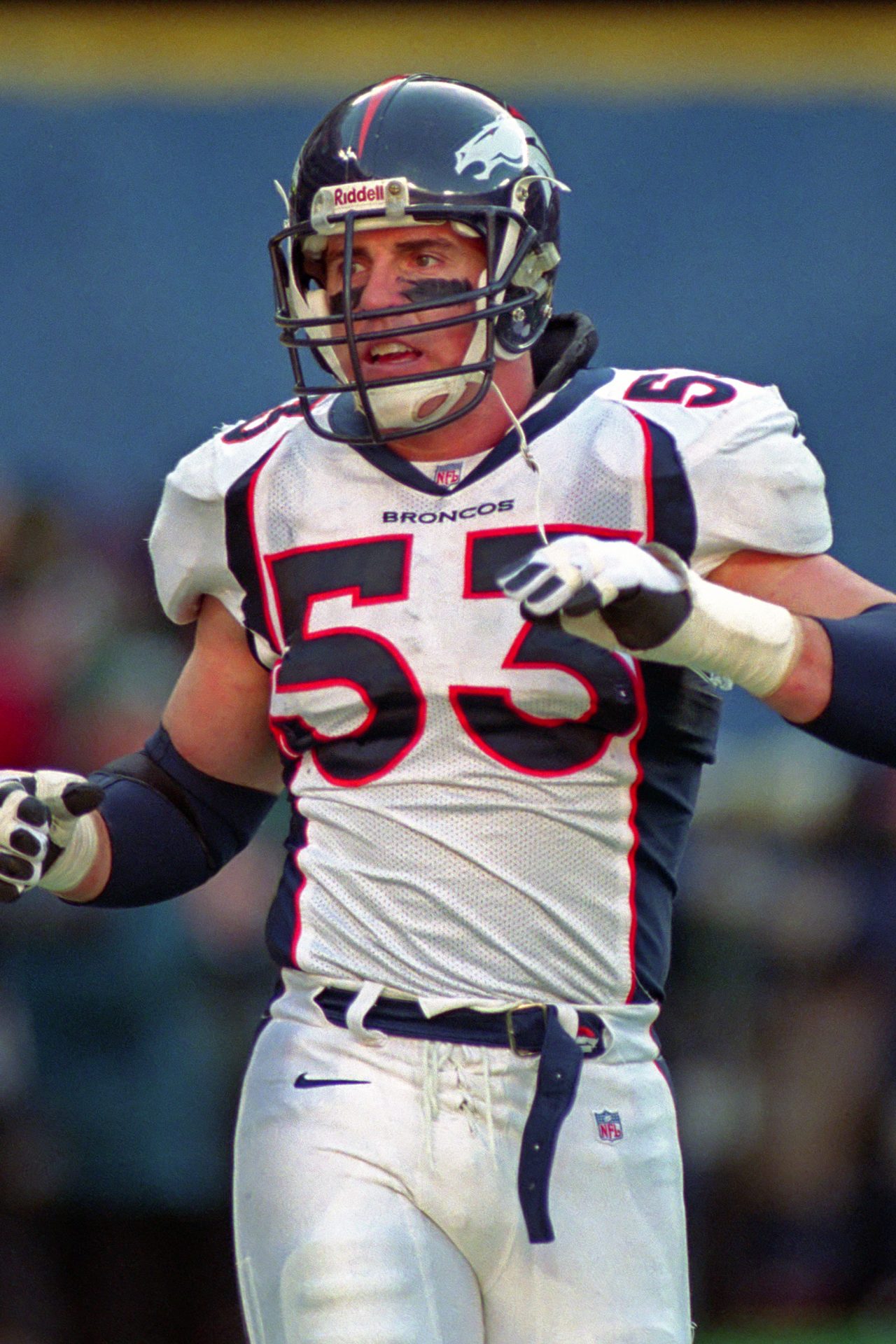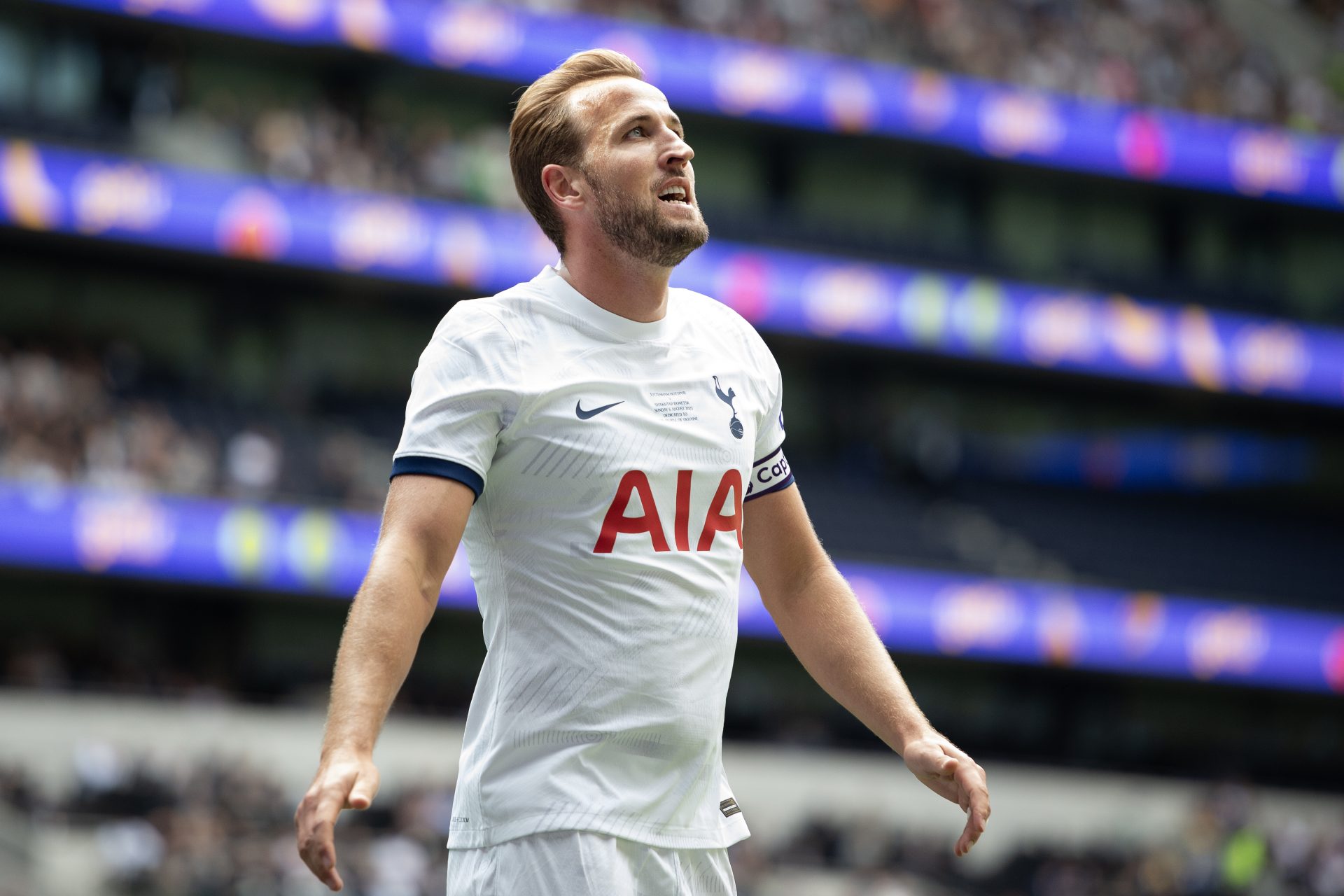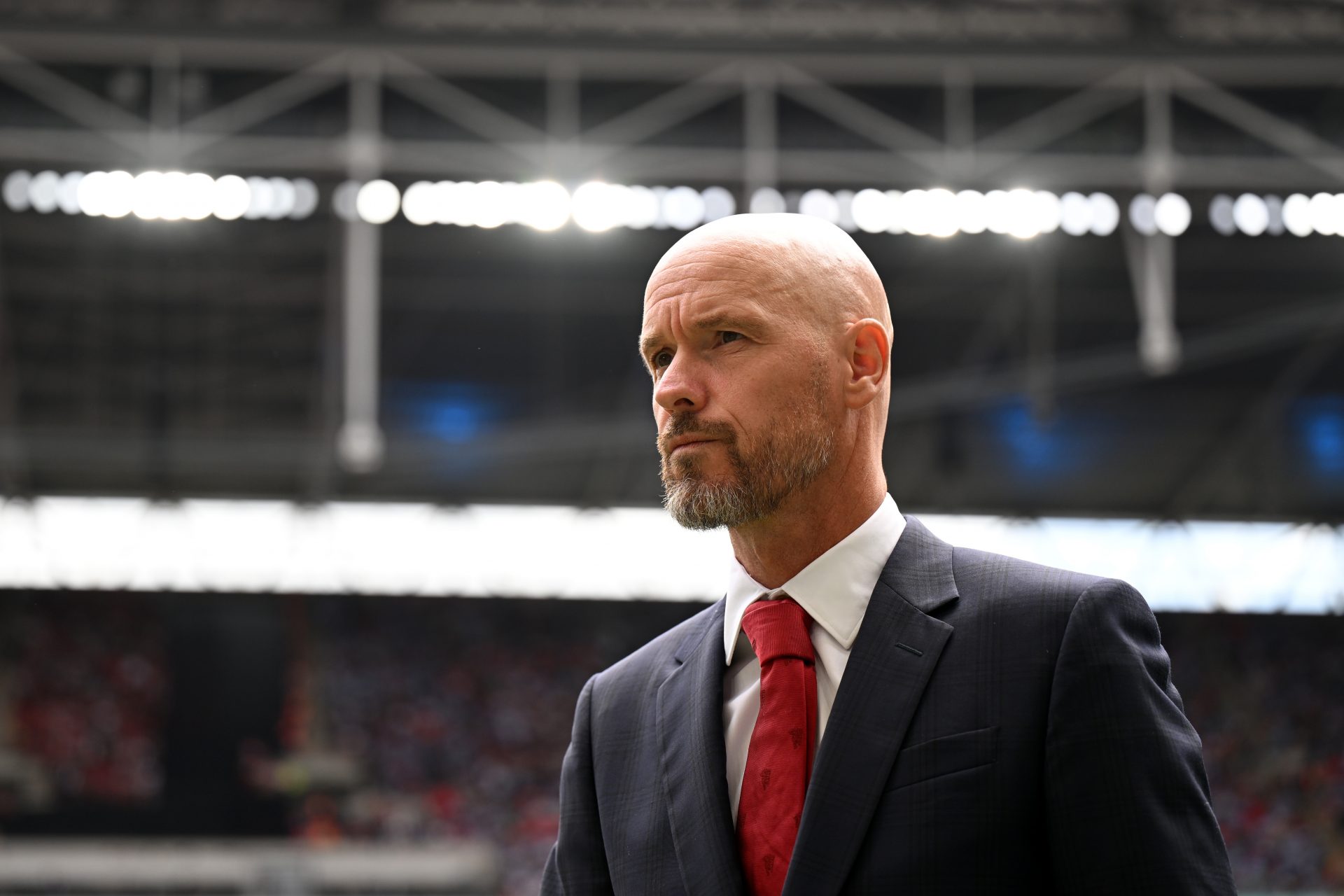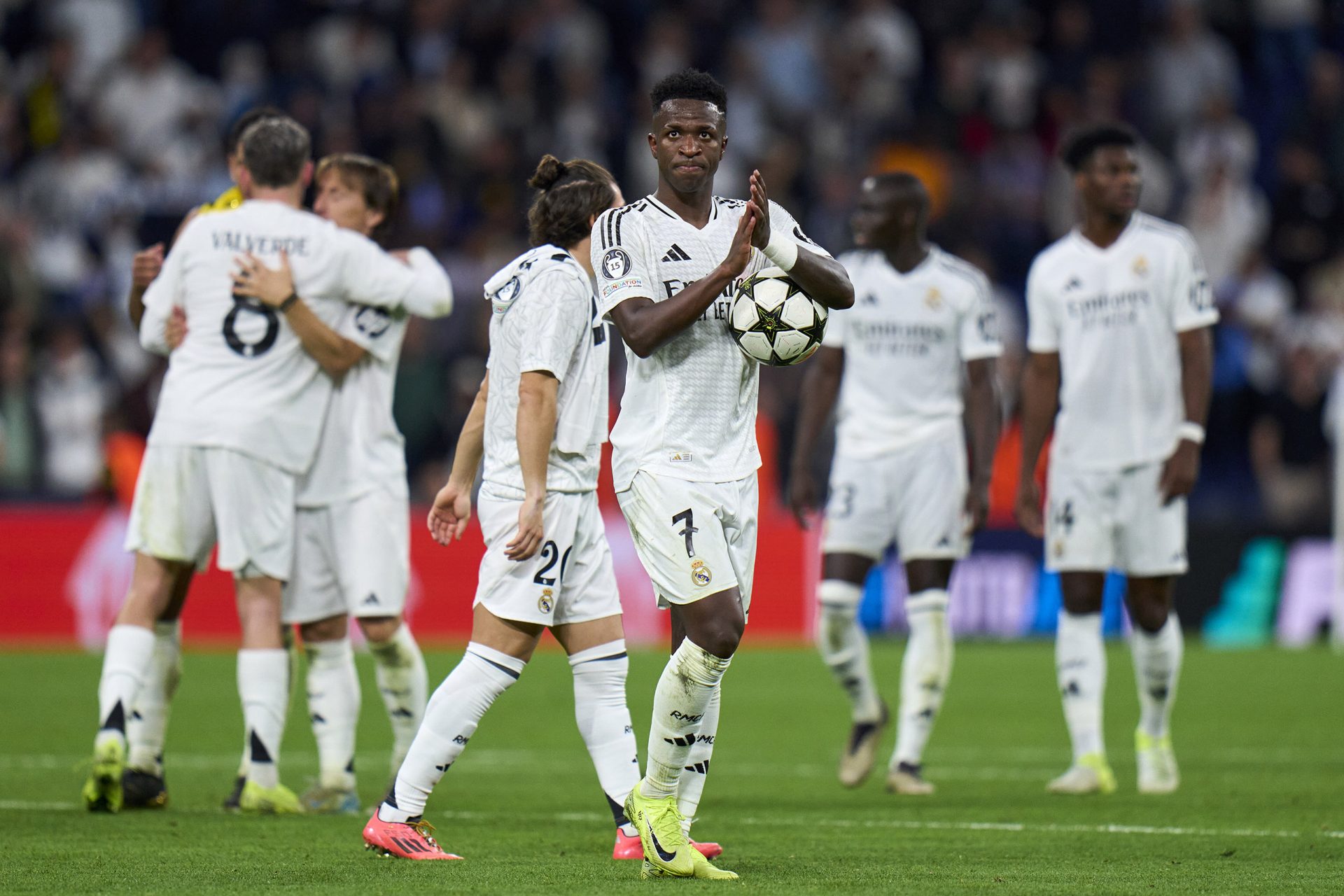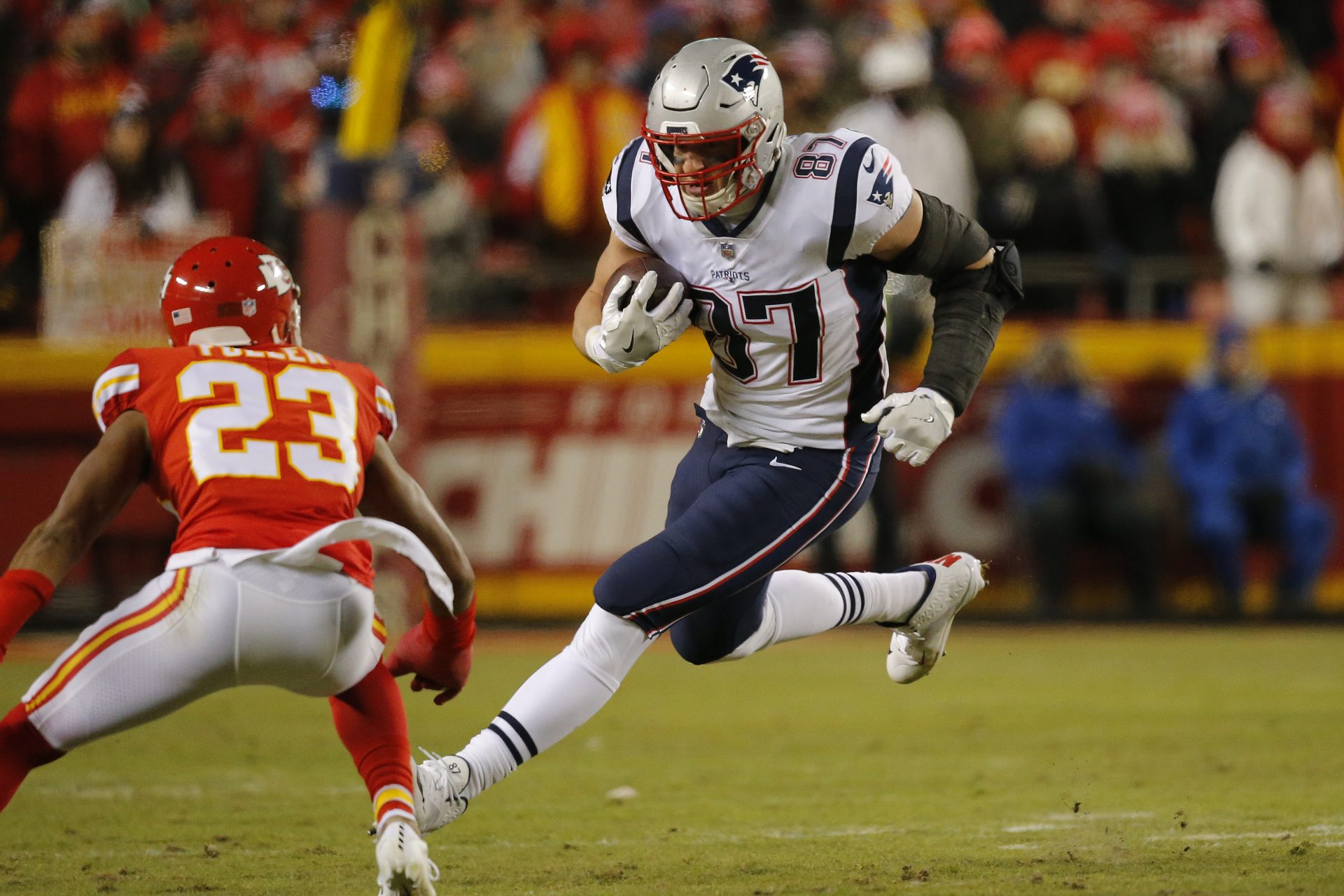Michael Jordan: Gambling, murder, and conspiracy behind the fall of the NBA star
Since arriving on the NBA scene in 1984, Michael Jordan has been a name synonymous with excellence. The NBA legend was a winner and a player who struck fear into other players' eyes.
Jordan may have become known as one of the greatest basketball players of all time. But off the court, Jordan has become better known for his ridiculously competitive nature and gambling addiction that may have cost him a family member. Here is a short history of the rise and fall of basketball's most famous all-star.
Born in Brooklyn, New York in 1963 to James Sr. and Deloris Jordan, Michael pursued basketball throughout his youth. Michael likes to bring up the fact that he was cut from his varsity team at Laney High in 1979.
Want to see more like this? Follow us here for daily sports news, profiles and analysis!
Just two years after being cut, Jordan was selected as a McDonald's All-American player and accepted a scholarship to the University of North Carolina.
One of the major highlights from Jordan's college ball career was his game-winning shot against Georgetown during the National Collegiate Athletic Association's 1982 Championship Tournament.
In 1984, Jordan was selected by the Chicago Bulls at the National Basketball Association Draft with Hakeem Olajuwon and Sam Bowie being chosen before Jordan.
It was during his first year with the Bulls that Jordan made a name for himself averaging 28.2 points per game as well as 6.5 rebounds and 5.9 assists, landing him the title of Rookie of the Year.
In 1985 Jordan's celebrity had risen to all-star heights. Nike signed a deal with the Bulls forward and released the Air Jordan 1, one of the most popular basketball shoes of all time.
For the next eight years, Jordan would continue to push his basketball skills to new heights. He was selected as the NBA's most valuable player several times; made his epic Game 5 winning shot against the Cleveland Cavaliers; and achieved his unprecedented 1991, 1992, and 1993 championship wins with the Bulls.
But after a decade as basketball's darling, the unsavory stories of Michael Jordan's private life would slowly leak out to the public.
In 1993, Jordan retired from basketball and word quickly reached the public that an NBA investigation into the former Bulls star's gambling habits may have been the reason Jordan left the court.
Want to see more like this? Follow us here for daily sports news, profiles and analysis!
More than thirty years on it is clear that Jordan had been a heavy gambler all throughout his basketball career.
In his tell-all book about the basketball star, 'Michael Jordan: A Life', Roland Lazenby recounted a story of a $5 dollar cheque Jordan had written to a fellow North Carolina player after losing to them in a game of pool.
By the time Jordan reached the NBA, Sam Quinn of CBS Sports noted that Jordan would "play cards with Bulls beat writers Sam Smith and Lacy Banks on the road."
"Jordan was a relentless card shark on team charters," Quinn wrote, "and while he usually played with the high rollers, he was willing to play for almost any stakes merely for the competition."
But it wasn't the cards that got Jordan in trouble. No, it was his gambling on the golf course and basketball court that landed him in hot water with the NBA.
The night before Game 2 in the Bulls' 1992 series against the New York Knicks, Jordan was seen gambling at Atlantic City, and in the previous year, he had admitted to writing a $57,000 cheque to cover gambling losses.
Richard Esquinas, a long-time friend and golfing partner Jordan wrote in his 1993 book, 'Michael and Me: Our Gambling Addiction... My Cry for Help', that Jordan owed him a staggering sum of $1.25 million from golf bets.
Want to see more like this? Follow us here for daily sports news, profiles and analysis!
"Jordan denied the claims," Quinn wrote, "and Esquinas later revealed that he had settled with Jordan for a much smaller amount, only $300,000."
In a 2005 interview with 60 Minutes' Ed Bradley about his gambling, Jordan stated, "I've gotten myself into situations where I would not walk away and I've pushed the envelope. Is that compulsive? yes, it depends on how you look at it. If you're willing to jeopardize your livelihood and your family, then yes."
But maybe Jordan did jeopardize his family... in July of 1993, James Jordan Sr., Michael Jordan's father, was murdered and some ardent fans believe it may have happened because of the gambling debts Michael Jordan had accrued.
Demery and Daniel Green were officially charged and convicted of killing James Jordan in an attempted robbery that had gone wrong. But there is one crucial piece of circumstantial evidence linking Jordan's death to his son's gambling.
That $57,000 cheque Jordan attributed to gambling losses was actually endorsed by James "Slim" Bouler, a well-known drug trafficker and money launderer.
Despite the gambling rumours, the North Carolina judge who presided over the 1996 murder trial of Mr. Jordan has petitioned the state's parole commission on October 15th, 2024, to release Daniel Green, who was sentenced to life at the time.
According to ABC News, the judge said a forensic blood analyst investigating the case against Daniel Green did not gain any key findings. A blood-type substance found in Mr. Jordan's car may not have been blood at all.
The analyst never disclosed whether the results came back negative or inconclusive, and because of this, the evidence could have changed the trial's outcome. The commission is expected to deliberate for a month on whether to grant Green Parole.
Other conspiracy theorists believe that Jordan was heavily indebted to the mob and have speculated that they were the ones to kill James Jordan.
Mark Whicker, a writer for the Orange County Register sparked the controversial theory in 1993 when he wrote a story alleging a connection between Jordan's gambling debts and the death of his father.
"For now, we just know that there is evidence of the son's gambling problem, and there is suspicion of a son's paying problem," Whicker wrote in his story, "The father of that son has been murdered. Coincidence, anyone?"
But there is little evidence for the claim that James Jordan was killed because of his son's debts. The two men convicted of killing Jordan had no links to either underground gambling or organized crime.
Many fans of basketball love this era because of how Jordan's retirement coincided perfectly with the NBA's investigation into Jordan's gambling. Some believe that Jordan's retirement wasn't a retirement at all but rather a secret suspension doled out by the NBA as punishment for his gambling problems.
The NBA ultimately cleared Jordan of any wrongdoing. But it seems more than a little coincidental that Jordan's retirement began just as the NBA finished their investigations.
Jordan didn't even quit sports, he spent all of 1994 playing professional baseball with the Chicago White Sox before returning to basketball in 1995 to win three more championships in 1996, 1997, and 1998.
Jordan would retire for the final time after the 2002-2003 season and leave basketball behind him. But he was never able to leave behind questions about his father's death and his gambling problems.
Want to see more like this? Follow us here for daily sports news, profiles and analysis!
More for you
Top Stories



